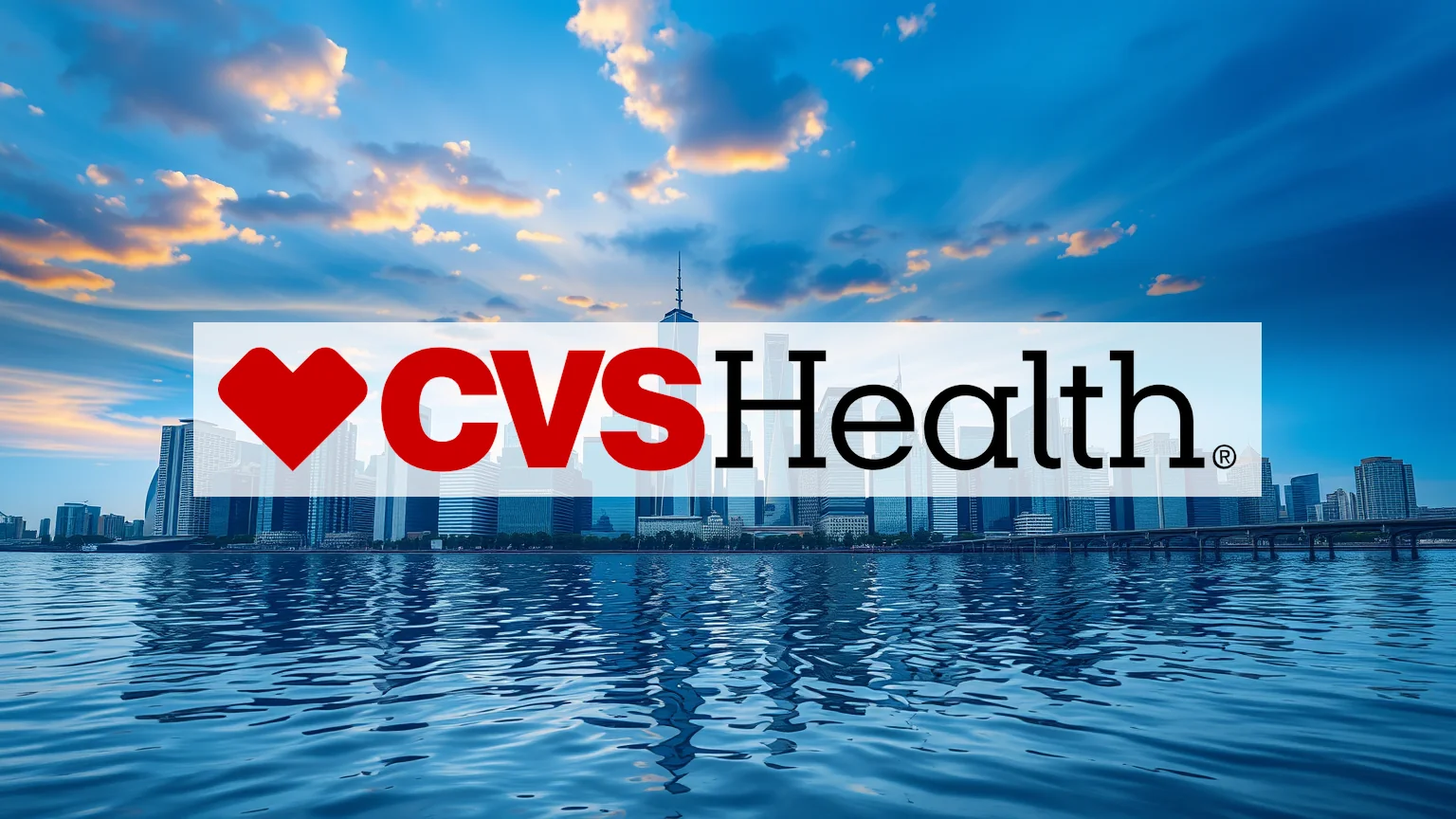CVS Health Corporation has been delivering exceptional performance in the equity markets, with its stock appreciating more than 40% year-to-date and consistently achieving new highs. This impressive rally prompts a closer examination of the underlying drivers and a consideration of whether this momentum is sustainable.
Strong Fundamentals Fueling Optimism
The company’s operational strength was clearly demonstrated in its second-quarter 2025 financial results. CVS Health reported a significant 8.4% revenue increase, reaching $98.9 billion. Particularly noteworthy was the performance of its health insurance segment, which achieved an 11% revenue growth and an operating income surge of nearly 40%.
This robust financial performance has captured the attention of Wall Street analysts, leading to multiple upward revisions in ratings and price targets. Cantor Fitzgerald maintained its Overweight rating in late August while establishing a $78 price objective. Baird demonstrated even greater optimism by upgrading the stock to Outperform with an $82 target. Both Jefferies and Truist Securities maintained their Buy recommendations, projecting targets between $80 and $84 per share.
Strategic Expansion and Integration Success
CVS Health continues to broaden its direct-to-patient services through strategic initiatives. The company has expanded its MinuteClinic virtual mental health services across 49 states, significantly increasing accessibility to care. The integration of insurer Aetna appears to be yielding positive results, strengthening CVS Health’s competitive position within the managed care market.
Reflecting confidence in ongoing performance, management has raised its full-year adjusted earnings per share guidance to a range of $6.30 to $6.40. The company also increased its projected operating cash flow expectations to at least $7.5 billion.
Should investors sell immediately? Or is it worth buying CVS Health?
Challenges and Strategic Considerations
Despite overall strong performance, not all business segments are experiencing equal success. The health services division has encountered margin compression, with its adjusted operating income declining by 17.8% primarily due to elevated benefit expenses within the Oak Street Health business.
The company’s pharmacy benefit management strategy continues to evolve, as evidenced by recent formulary decisions. CVS Caremark opted not to include Gilead’s new HIV prevention medication, Yeztugo, in its formularies—a determination that reflects comprehensive clinical, financial, and regulatory considerations.
Valuation Perspective
Even after substantial price appreciation, CVS Health’s valuation metrics remain appealing to many investors. The stock trades at a price-to-earnings ratio of 11 while offering a dividend yield of 3.7%. These characteristics present an interesting proposition for value-oriented investors seeking exposure to the healthcare sector.
The central question for market participants remains whether CVS Health can maintain its current trajectory or if the stock is due for a period of consolidation following its impressive run. The company’s diverse business model, spanning pharmacy services, insurance offerings, and healthcare delivery, provides multiple growth avenues while simultaneously presenting complex operational challenges.
Ad
CVS Health Stock: Buy or Sell?! New CVS Health Analysis from February 8 delivers the answer:
The latest CVS Health figures speak for themselves: Urgent action needed for CVS Health investors. Is it worth buying or should you sell? Find out what to do now in the current free analysis from February 8.
CVS Health: Buy or sell? Read more here...













